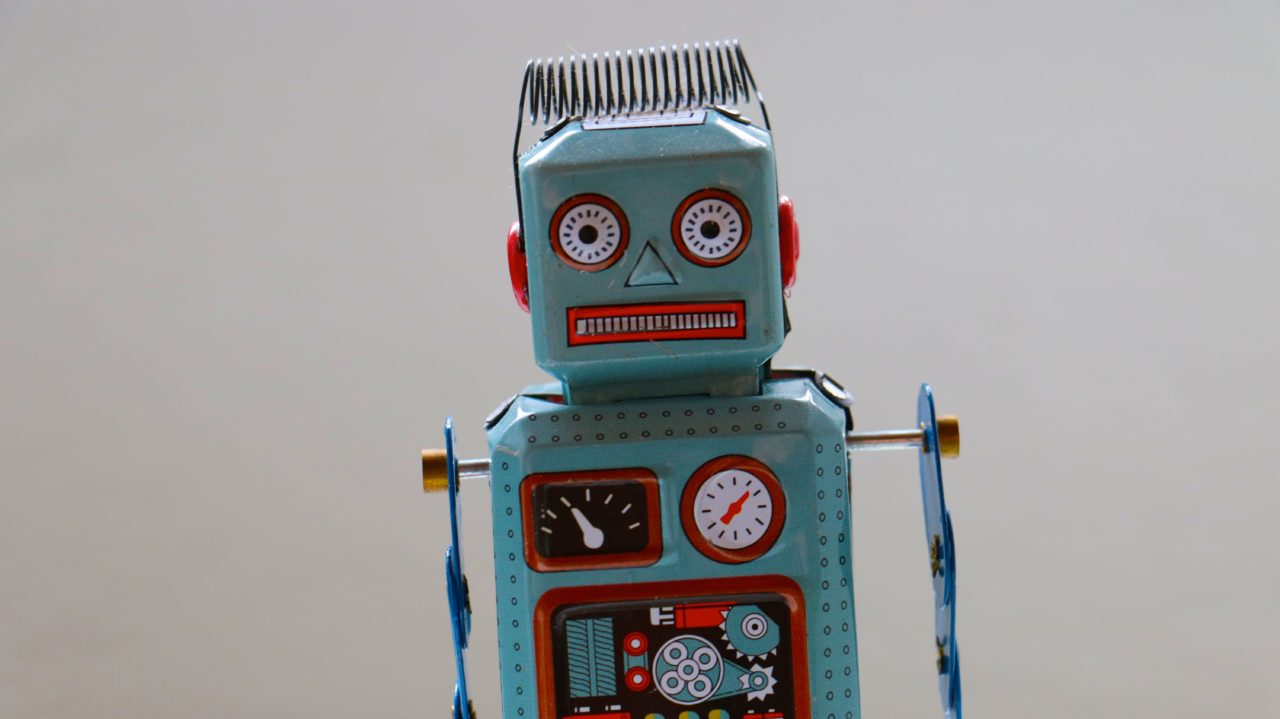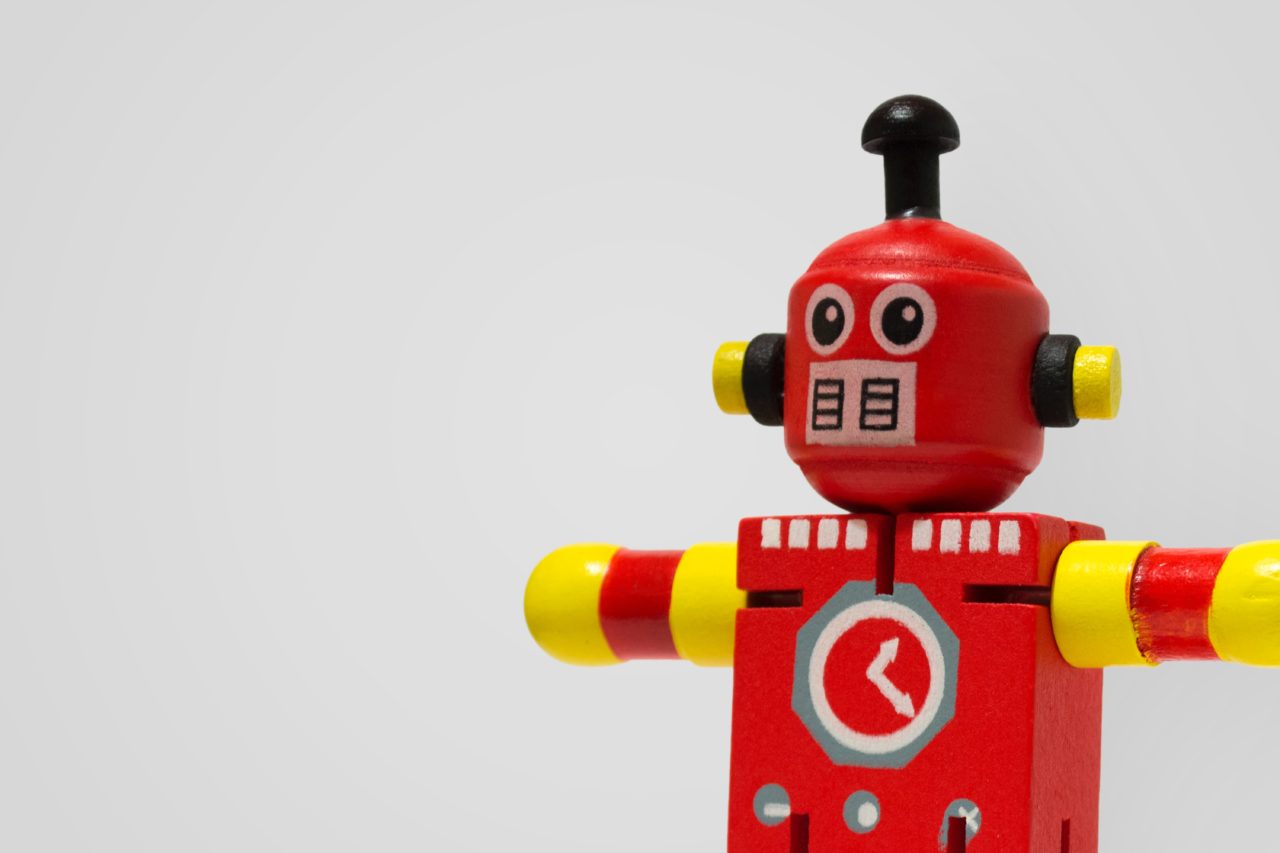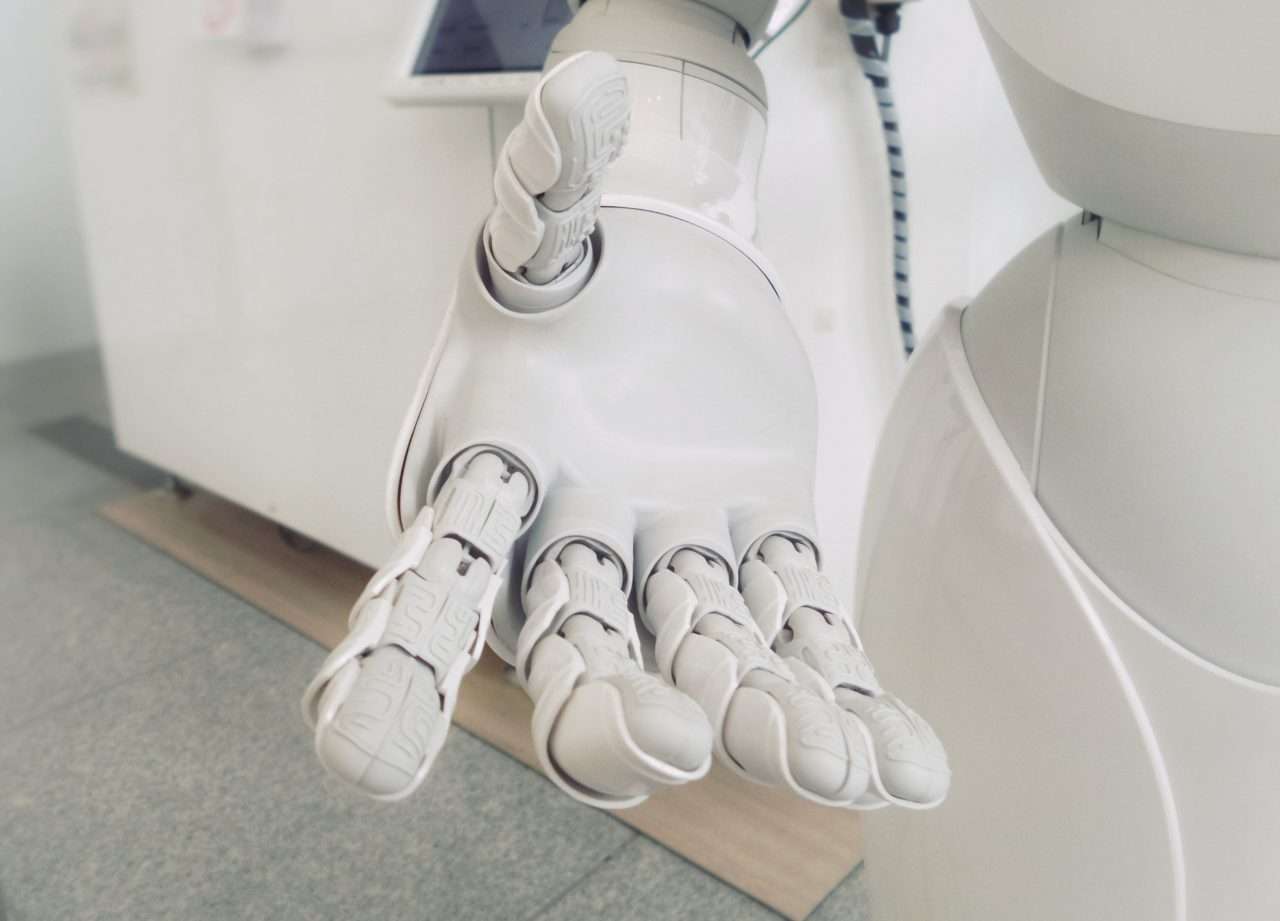The advent of artificial intelligence (AI) greatly simplifies the work we have to do over time, so it is the most reliable support for our work.
On the other hand, due to the great potential of AI, there are growing expectations for artificial intelligence as well as concerns about it.
Voices are saying that human jobs will disappear due to the high convenience of AI.
The issue of human occupation always becomes the subject of debate when new technologies such as robots and computers appear, but AI seems to be the most talked about topic in recent years due to its high versatility.
However, AI is a type of computer, not a human being. Even if they are capable of performances that humans cannot, they cannot act as lifeforms to replace humans.
This time, we will introduce the changes in human occupational circumstances due to the emergence of AI, the extent to which AI can work in place of humans, and the skills necessary for AI and humans to coexist.
Table of Contents
- Jobs that artificial intelligence (AI) is good at
- Data processing
- Jobs that artificial intelligence (AI) is not good at
- Execution and management of multiple tasks
- unanswered philosophical questions
- What kind of jobs will disappear with the advent of artificial intelligence (AI)?
- Clerical jobs may be replaced across the board
- Some professions can coexist with artificial intelligence (AI)
- New occupations and occupations that will survive with the advent of artificial intelligence (AI)
- The importance of engineers has increased exponentially
- Interpersonal communication and the health care sector is also important
- What skills are necessary to survive in the AI era?
- Programming skills
- Familiarity with artificial intelligence
- Improving humanities and communication skills
- At the end
Jobs that artificial intelligence (AI) is good at

First, let’s take a look at what features AI can take advantage of.
AI, which at first glance seems omnipotent, has strengths and weaknesses, so it cannot necessarily imitate all human tasks.
Data processing
One of the jobs that AI excels at is simple tasks such as data processing.
It is far superior to humans in terms of inputting huge amounts of accumulated data in a short period, such as aggregating daily sales records and predicting future sales based on past data.
Also, unlike ordinary programs, AI can autonomously interpret data on its own.
For example, if you want to introduce an image recognition function using AI, you need to prepare a large amount of sample data so that AI can perform image recognition.
It is a training method of AI called so-called machine learning, but if it is artificial intelligence, it can independently derive common items and differences from a large number of images read, and can perform highly accurate image recognition in a process that humans cannot imagine. It’s going to be.
This process is incomprehensible to humans and is sometimes described as a black box due to its high degree of opacity.
However, regardless of the process of recognition, AI has the potential to have recognition capabilities equal to or greater than those of humans.
Jobs that artificial intelligence (AI) is not good at

On the other hand, there are many tasks that AI is not good at.
Since most AIs have one ability per program, the performance of one-point specialization is remarkable, but it cannot complexly handle multitasking as humans do. Some aspects are
Execution and management of multiple tasks
It is good that AI can perform one task at a tremendous speed, but it cannot demonstrate its performance in tasks other than the tasks assigned to it.
This is a characteristic of so-called specialized AI, and because it cannot utilize one experience in another field as humans do, this point is often taken up as a problem with current AI.
On the other hand, what is being developed to solve this problem is what is called general-purpose AI.
It is said to behave like a human being because it has flexibility and multitasking ability like a human being that appears in science fiction movies.
However, compared to specialized AI, it is extremely difficult to develop, and it is said that there are still few that can be used at a practical level in any company or country.
For this reason, specialized AI is considered a realistic technology for general companies to introduce.
unanswered philosophical questions
One of the areas AI is not good at is the output of humanistic questions that cannot be derived by calculation.
AI is a program that derives appropriate solutions from existing laws, formulas, and data, so it may not be able to answer questions that do not have answers.
Of course, it is possible to propose opinions while referring to databases of past humanists and philosophers, but it is said that it is difficult to output original answers that question the individuality of AI.
What kind of jobs will disappear with the advent of artificial intelligence (AI)?

Based on these characteristics of AI, let’s take a look at the existing occupations that may disappear due to the advent of AI.
Clerical jobs may be replaced across the board
As for occupations that can be replaced by AI, general clerical work is the first candidate.
According to Money Gendai’s article “Oxford University Accredited ‘Disappearing Jobs’ and ‘Disappearing Jobs’ in 10 Years”, half of the existing jobs will be replaced by AI.
Many occupations such as telephone operators, data entry work, analysts, credit cards, insurance screening work, etc. can be handled by AI.
And it is said that AI will replace not only clerical jobs, but also professional occupations such as manicurists, sculptors, and projectionists.
If three-dimensional modeling techniques such as 3D printers evolve and AI is installed in them, and it becomes possible to meet various needs even if it is not human, such a future may be realized shortly. There will be
Some professions can coexist with artificial intelligence (AI)
On the other hand, not all occupations that can be replaced by AI will completely replace humans.
For example, automatic cash registers are being introduced in stages in Japan, but manned cash registers are still in operation at the same time.
Of course, the fact that we are in a transitional period with AI is one of the reasons why we are also active at the same time. It is also possible.
The same is true for occupations such as restaurant waiters and manicurists.
It is certainly possible to automate these occupations with AI, but it is believed that there will continue to be demand for services that can be enjoyed while communicating with human waiters and manicurists.
Even if it is technically possible to substitute AI that specializes in rationality, it is difficult to say that it is always the correct answer depending on the needs.
New occupations and occupations that will survive with the advent of artificial intelligence (AI)

Next, let’s take a look at the occupations that can be expected to play an active role with the advent of AI.
The importance of engineers has increased exponentially
Since AI is also a type of program, the position of engineers will continue to grow.
Although AI is an autonomous program, its design and construction are the work of humans. Since maintenance and inspection of the server will be required even after construction, it can be expected that the engineer’s work will be in high demand.
Interpersonal communication and the healthcare sector is also important
By automating back-office operations with AI, it is said that the value of occupations that require interpersonal communication, such as sales and concierge, will increase.
This is because conversations between humans will become more important, and communication itself will add value.
Or a healthcare-related profession. AI and robots may improve the performance of medical care and surgical support, but in many cases, such as counseling and rehabilitation, treatment progresses through communication with patients.
With the advent of AI, the meaning and value of these occupations are likely to shift little by little.
What skills are necessary to survive in the AI era?

Finally, let’s take a look at the skills needed to survive in the AI era.
Programming skills
One is programming skills. As we already live surrounded by smartphones and PCs, modern people’s lives are shifting to IT services.
The addition of AI is expected to increase its importance, so even if you don’t have outstanding engineering skills, it would be useful to be able to use at least one programming language for general education. prize.
Familiarity with artificial intelligence
Another is knowledge of AI. Because AI is a program that has never existed before, its potential is incomparable with existing technologies.
On the other hand, it is not uncommon for human dignity and ethical issues to arise from its high versatility.
Acquire knowledge about the possibilities and risks of AI, and educate yourself so that you do not fear or overconfident unnecessarily.
Improving humanities and communication skills
Or it is also important to raise the cultural level of a human being.
If you acquire a knowledge of the humanities by touching various famous books and movies and having a wide range of hobbies, not only will flowers bloom in communication with people, but also your way of thinking about the difference between AI and humans may arise.
At the end
Concern that AI may eliminate human jobs seems to be growing with increasing recognition of its convenience.
However, looking back on history, there are many examples of countless new occupations being created to replace occupations that have been lost due to advances in technology.
Since the advent of AI is an inevitable fact, it will become important to accept it and turn our attention to new possibilities.

